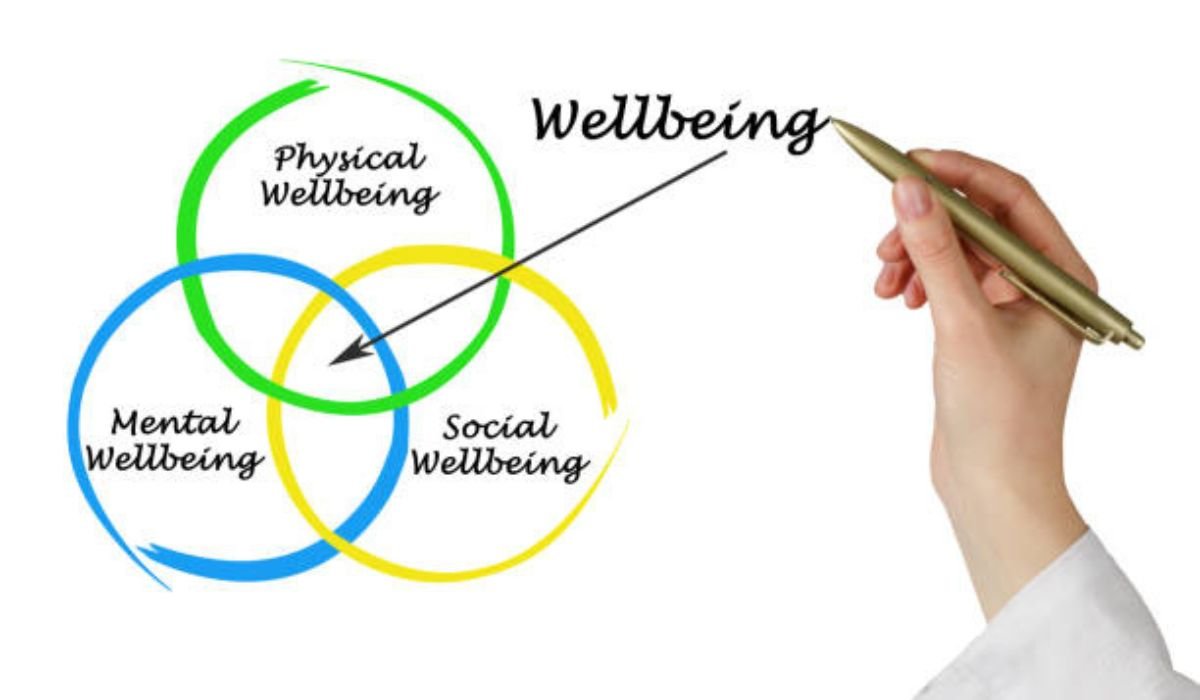Key Takeaways
- Integrative mental health combines conventional treatments with holistic therapies for comprehensive care.
- Mind-body techniques like meditation and yoga can reduce stress and improve emotional balance.
- Nutritional interventions, such as the MIND diet, support brain health and cognitive function.
- Collaborative care models enhance treatment effectiveness by involving a diverse range of healthcare professionals.
Navigating the complex world of mental health requires personalized approaches that go beyond a one-size-fits-all mentality. Integrative approaches to wellbeing address mental health from multiple perspectives, ensuring that individuals receive care tailored to their unique needs and circumstances. Instead of focusing solely on symptom management, integrative methods support lasting wellness by connecting physical health, emotional resilience, and lifestyle factors.
Many individuals and families are now seeking out more holistic support, and reputable organizations like Integrated Psych Solutions are responding to this demand. Known for their patient-first philosophy, Integrated Psych Solutions provides expert care in mental health care, offering services that blend traditional psychiatric practice with evidence-based complementary therapies. Serving communities with an innovative team of clinicians dedicated to holistic recovery, the brand stands out for its deep understanding of integrative psychiatry and commitment to compassionate, whole-person treatment.
Understanding Integrative Mental Health
Integrative mental health is an innovative model that combines established medical treatments—such as psychotherapy and medication management—with complementary therapies like nutrition counseling, meditation, and yoga. By treating the person as a whole, this model recognizes the vital connection between physical well-being, emotional stability, and social environment. Integrative practitioners emphasize lifestyle changes and self-care behaviors, ensuring that interventions support both immediate symptom relief and long-term health.
Mind-Body Techniques for Emotional Balance
A core element of integrative care is the use of mind-body techniques to help individuals manage stress and increase emotional resilience. Practices such as meditation, yoga, and mindfulness-based stress reduction (MBSR) have proven to be effective in reducing symptoms of anxiety, depression, and chronic stress. These modalities help to activate the body’s natural relaxation response, balance cortisol levels, and foster more positive coping mechanisms. According to experts, regular engagement in activities that enhance mind-body awareness can significantly improve mood and overall quality of life.
Nutritional Interventions and Brain Health
Nutrition is a pillar of mental well-being that’s often overlooked in conventional treatment plans. Research consistently shows that dietary patterns have a direct impact on cognitive performance, emotional stability, and even the risk for mental health disorders. The MIND diet—an evidence-based eating plan that merges the Mediterranean and DASH diets—prioritizes leafy greens, berries, nuts, and whole grains, all of which have been linked to a lower risk of Alzheimer’s disease and improved brain function. A nutrient-rich, anti-inflammatory diet can sharpen focus, protect against neurodegeneration, and promote stable moods, making it a cornerstone of integrative mental healthcare. Resources from major institutions such as the Centers for Disease Control and Prevention offer additional guidance on the link between nutrition and mental well-being.
Collaborative Care Models
Integrative approaches thrive in collaborative care settings, where multiple healthcare professionals work together to develop personalized treatment plans. A typical care team may include psychiatrists, psychologists, nutritionists, nurses, and complementary therapists who contribute their expertise to a cohesive, individualized wellness strategy. This collaboration ensures that every aspect of a person’s health—psychological, nutritional, physical, and social—is addressed through evidence-based modalities. Collaborative care models are particularly effective for individuals with complex or chronic mental health concerns, as they provide continuity of care and robust support networks. The National Institutes of Health underscores the effectiveness of integrated models in improving both patient outcomes and satisfaction.
Evidence Supporting Integrative Approaches
The growing body of clinical research supporting integrative mental health is compelling. Studies have demonstrated that blending traditional psychiatry with complementary methods like acupuncture, exercise, and nutrition counseling can lead to greater decreases in depression, anxiety, and other mental health symptoms compared to conventional treatment alone. Patients often report enhanced quality of life, increased motivation, and stronger therapeutic alliances when participating in integrative programs. The evidence suggests a future in which mental health care is more collaborative, human-centered, and responsive to the unique interplay of factors affecting each individual.
Implementing Integrative Practices
For those eager to experience the benefits of integrative care, the first step is to consult with healthcare providers who are trained in both traditional and complementary approaches. Many clinicians now offer assessments that take into account biological, psychological, and lifestyle factors to create a comprehensive wellness plan. These personalized strategies may include dietary guidance, exercise regimens, mindfulness practice, medication management, and targeted supplements—each selected based on the individual’s symptoms, preferences, and health goals. Regular follow-ups and open communication with the care team are critical to achieving lasting, sustainable improvements.
Conclusion
Integrative approaches to mental health present a holistic, thoughtful alternative to conventional care alone. By treating the intricate connections between mind, body, and environment, integrative practices pave the way for comprehensive healing. Patients and practitioners alike are embracing this paradigm for its capacity to foster resilience, empower individuals, and build stronger foundations for lifelong wellbeing. The evolution of mental health services toward integrative models signals an exciting, transformative time for the field—one rooted in empathy, collaboration, and a deeper understanding of what it truly means to be well.
YOU MAY ALSO LIKE: Wheon Com: Your Guide to Trusted Health News & Wellness

